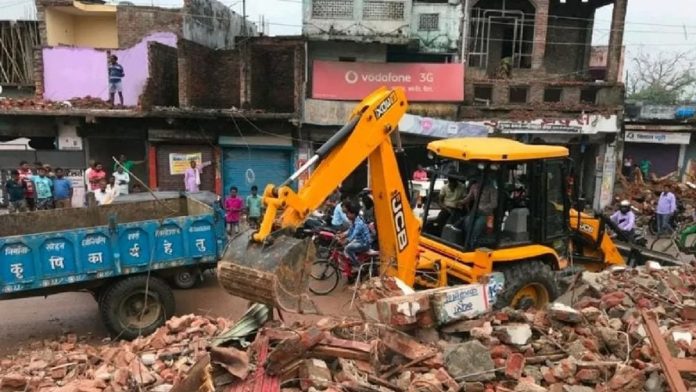Mumbai: The recent demolition drive by the Pimpri-Chinchwad Municipal Corporation (PCMC) in Kudalwaadi, Jadhavwadi, and Chikhali has led to a severe economic and humanitarian crisis. The operation, justified as a measure to curb pollution and illegal encroachments, has resulted in an estimated financial loss of ₹7,600 crore and rendered nearly 2.5 lakh workers jobless.
Between February 8 and February 17, 2025, authorities demolished over 4,111 factories and industrial units, clearing approximately 827 acres of land. While some structures were deemed illegal, most were small-scale businesses that provided livelihoods to thousands. Many affected workers, belonging to economically weaker sections, have now lost their homes and jobs, as they can no longer afford rent near their workplaces.
Reports indicate that the drive was also framed as a crackdown on illegal immigrants and Rohingya refugees. However, investigations reveal that most displaced workers were Indian citizens who had lived in the area for decades. Critics argue that branding them as illegal is an attempt to deny them justice and assistance.
Maharashtra Chief Minister Devendra Fadnavis defended the demolition as necessary to control pollution and crime. However, activists highlight the selective nature of the action, pointing out that no similar measures were taken against large industries that also contribute to pollution. The absence of any rehabilitation plan has left thousands in distress, with experts suggesting that the government could have introduced licensing and environmental regulations instead of mass demolitions.
Labor unions and social activists are demanding immediate relief, including compensation for traders, financial aid for workers, and alternative employment opportunities. Without intervention, the region risks rising poverty, crime, and social unrest. Observers stress that urban planning and environmental protection must align with social justice, ensuring that development does not come at the cost of human suffering.




